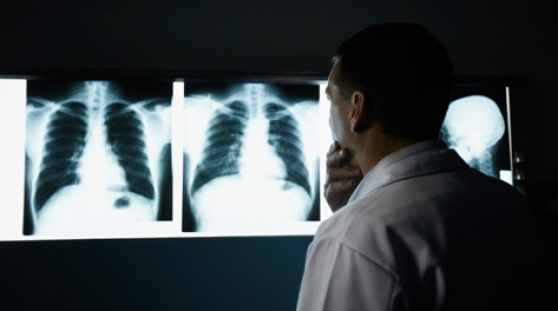Alzheimers Disease Health Center
Table of Contents

Alzheimer’s disease can be definitively diagnosed only after death, by linking clinical measures with an examination of brain tissue and pathology in an autopsy. But doctors now have several methods and tools to help them determine fairly accurately whether a person who is having memory problems has “possible Alzheimer’s dementia” (dementia may be due to another cause) or “probable Alzheimer’s dementia” (no other cause for dementia can be found).
To diagnose Alzheimer’s, doctors may:
- Ask questions about overall health, past medical problems, ability to carry out daily activities, and changes in behavior and personality
- Conduct tests of memory, problem solving, attention, counting, and language
- Carry out standard medical tests, such as blood and urine tests, to identify other possible causes of the problem
- Perform brain scans, such as computed tomography (CT) or magnetic resonance imaging (MRI), to distinguish Alzheimer’s from other possible causes for symptoms, like stroke or tumor
These tests may be repeated to give doctors information about how the person’s memory is changing over time.
Early, accurate diagnosis is beneficial for several reasons. It can tell people whether their symptoms are from Alzheimer’s or another cause, such as stroke, tumor, Parkinson’s disease, sleep disturbances, side effects of medications, or other conditions that may be treatable and possibly reversible.
